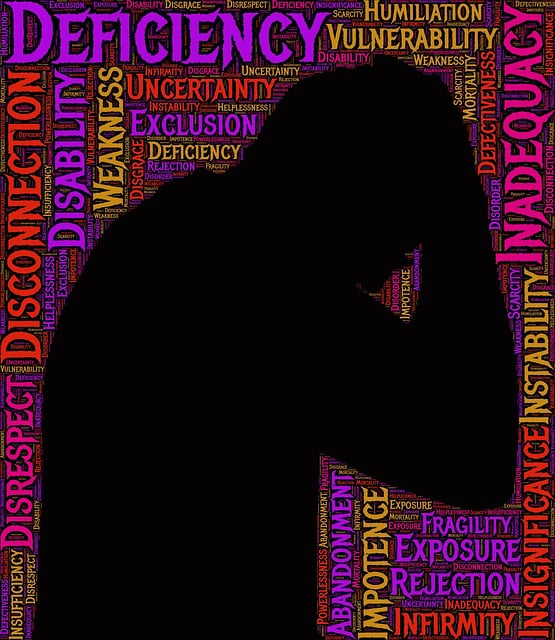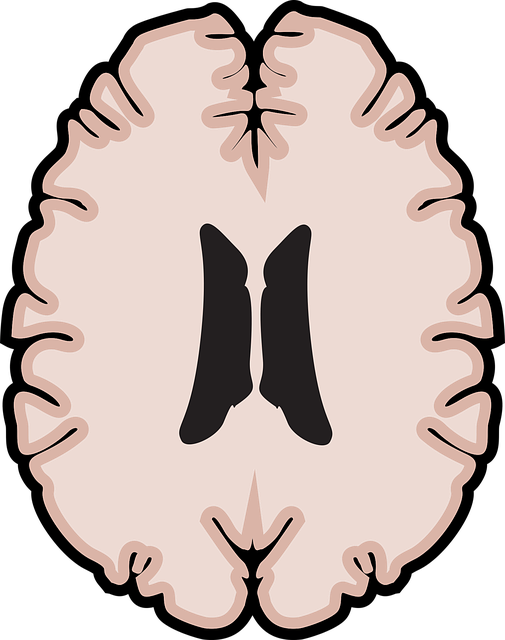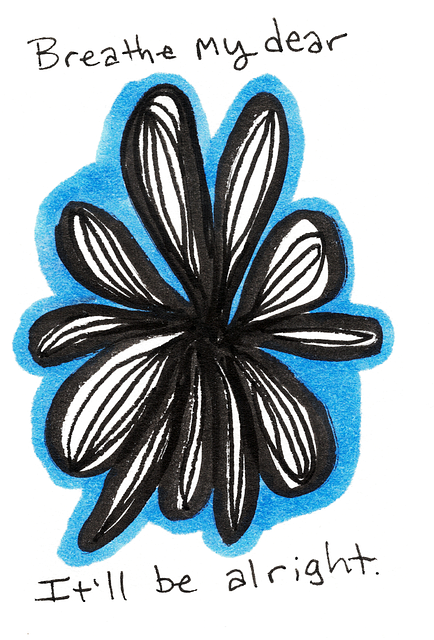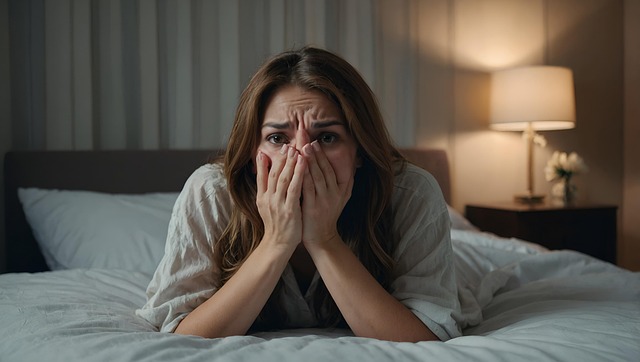The media's portrayal of mental illness profoundly impacts public understanding and can either perpetuate harmful stereotypes or educate viewers. Accurate and empathetic media representations reduce stigma, encourage compassion, and promote support for those with mental health struggles, especially critical for parents seeking guidance in Louisville. Positive media portrayals inspire well-being prioritization, while insensitive depictions may motivate healthcare providers to advocate for better representation. Louisville Parenting Skills Therapy leads the fight against mental health stigma through proactive media education and specialized services, fostering supportive environments for both parents and children. By promoting diverse, authentic narratives and successful recovery stories, media can significantly impact how individuals with mental illness are received and supported in real-life settings like Louisville parenting skills therapy.
Mental illness representation in media significantly impacts public understanding and awareness. This article explores how Louisville Parenting Skills Therapy is challenging stigma through accurate and empathetic portrayals. We analyze the current state of mental health in popular culture, identifying common challenges faced by individuals with mental illnesses. By examining successful initiatives like Louisville Parenting Skills Therapy, we propose strategies for fostering positive change through responsible media representation, ultimately promoting supportive communities.
- Understanding the Impact of Media Portrayal on Mental Health Awareness
- The Current State: How Louisville Parenting Skills Therapy Addresses Stigma
- Challenges Faced by Individuals with Mental Illness in Popular Culture
- Empowering Positive Change through Responsible Media Representation
- Strategies and Solutions: Collaborating for Accurate and Supportive Depictions
Understanding the Impact of Media Portrayal on Mental Health Awareness

The media plays a powerful role in shaping societal perceptions about mental health, significantly influencing public understanding and awareness. Portrayals of individuals with mental illnesses in films, television shows, and news articles can either perpetuate stereotypes or offer valuable insights and education. When media presents mental illness accurately and empathetically, it has the potential to reduce stigma, foster compassion, and encourage support for those struggling. This is particularly crucial for parents seeking guidance on navigating their children’s mental health, as media can inadvertently shape their perceptions and decisions regarding therapy and parenting skills in Louisville.
For instance, positive representations of emotional intelligence and self-esteem improvement strategies in media can inspire viewers to prioritize their well-being and seek help when needed. Conversely, inaccurate or insensitive portrayals may contribute to burnout prevention strategies for healthcare providers by highlighting the importance of proper representation and the need for more nuanced storytelling. By holding media accountable for its influence, we can ensure that discussions about mental health are informative, empathetic, and conducive to fostering a supportive environment for recovery.
The Current State: How Louisville Parenting Skills Therapy Addresses Stigma

Louisville Parenting Skills Therapy is a beacon of hope in the fight against mental illness stigma. In today’s world, where media portrayal often perpetuates stereotypes and misconceptions, this therapy center takes a proactive approach to challenge these narratives. By offering specialized services tailored for parents, they aim to foster an environment that promotes understanding and empathy towards individuals grappling with mental health issues.
Through their comprehensive programs, Louisville Parenting Skills Therapy encourages positive thinking and empowers parents to navigate the complexities of mental wellness in their families. The center’s expertise lies in risk assessment for mental health professionals, ensuring a safe and supportive space for both parents and children. By integrating mental wellness coaching programs, they facilitate personal growth and development, ultimately challenging societal barriers associated with mental illness representation.
Challenges Faced by Individuals with Mental Illness in Popular Culture

In popular culture, individuals with mental illness often face a multitude of challenges. Portrayals are frequently stigmatizing, perpetuating stereotypes that can be deeply damaging to those living with these conditions. The media’s role in shaping societal perceptions cannot be understated; inaccurate or one-dimensional depictions contribute to the marginalization and misunderstanding of mental health struggles. This is particularly concerning for vulnerable populations, such as parents navigating Louisville parenting skills therapy, who may feel discouraged from seeking help due to negative media representations.
Furthermore, the absence of diverse and authentic stories can lead to a lack of representation that reinforces isolation. There is a pressing need for more nuanced portrayals that showcase the range of experiences within the mental health spectrum. Incorporating perspectives from those who have successfully managed their conditions can offer hope and inspiration. By promoting mental health education programs design that include conflict resolution techniques, we can foster a more empathetic society. This shift in media representation could significantly impact how individuals with mental illness are received and supported in real-life settings, including therapeutic environments like Louisville parenting skills therapy.
Empowering Positive Change through Responsible Media Representation

Media has a significant impact on shaping societal perceptions and attitudes towards mental illness. Responsible and accurate representation in media can play a pivotal role in promoting positive change. By showcasing diverse narratives, featuring individuals with lived experiences, and dispelling stereotypes, media platforms have the power to foster understanding and empathy among audiences. This shift in portrayal encourages a more inclusive and supportive environment for those struggling with mental health challenges.
In Louisville, for instance, parenting skills therapy and similar initiatives benefit from this increased awareness. As media represents mental illness more responsibly, it inspires healthcare providers to offer culturally competent services tailored to diverse communities. Enhancing emotional intelligence through such representation encourages open conversations about mental health, making it easier for individuals to seek support. Ultimately, this responsible media coverage contributes to broader Mental Health Awareness and empowers positive change in society.
Strategies and Solutions: Collaborating for Accurate and Supportive Depictions

In addressing mental illness representation in media, a collaborative approach is essential for creating accurate and supportive depictions. Louisville Parenting Skills Therapy centers play a vital role by partnering with media outlets to ensure that stories involving mental health are told responsibly. This involves educating writers and producers about the nuances of various conditions and the importance of avoiding stereotypes. By fostering open dialogues, these partnerships can lead to more empathetic portrayals, helping to reduce stigma and promote understanding in the community.
Furthermore, implementing a Community Outreach Program can facilitate direct engagement with diverse groups, ensuring their voices are included in mental health narratives. Mental Health Policy Analysis and Advocacy is another key strategy, pushing for representation that aligns with evidence-based practices. Ultimately, these collaborative efforts aim to develop inner strength within individuals affected by mental illness, fostering a society that embraces and supports those navigating their mental health journeys.
In conclusion, mental illness representation in media plays a pivotal role in shaping public perception and fostering awareness. By examining the current landscape, understanding challenges like those faced by individuals in popular culture, and adopting responsible depiction strategies, we can create a more inclusive and supportive environment. Louisville Parenting Skills Therapy serves as a beacon, demonstrating effective solutions to combat stigma. Through collaborative efforts between media creators, mental health professionals, and communities, we can ensure accurate, empathetic, and empowering portrayals that drive positive change in mental health awareness.














